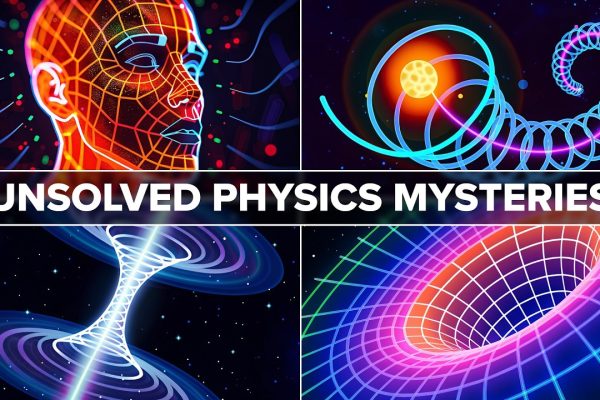
Top 10 Unsolved Mysteries of Modern Physics 🌌❓
Physics has unlocked countless secrets of the universe, yet some mysteries stubbornly resist explanation. These enigmas don’t just challenge our understanding—they threaten to rewrite the fundamental laws of reality itself. From the quantum realm to cosmic horizons, these unanswered questions represent the bleeding edge of human knowledge. Here are the 10 greatest unsolved mysteries that continue to…

